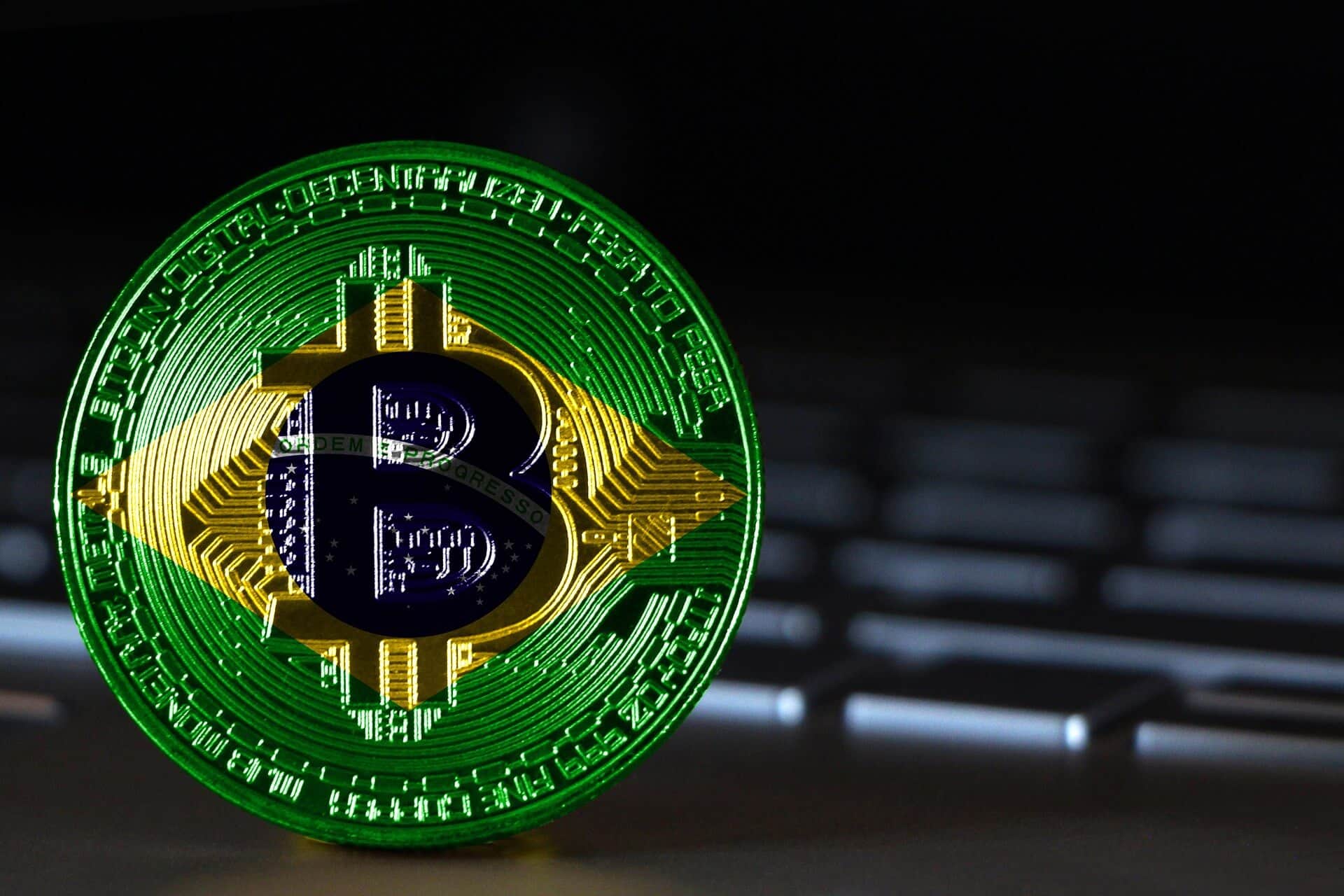Join Our Telegram channel to stay up to date on breaking news coverage
Anyone familiar enough with cryptocurrencies knows how hard they are to track. Although there usually is an online registry listing all transaction ever made using the cryptocurrency (blockchain), the addresses of cryptocurrency wallets are kept fully anonymous.
There is no way to confirm that an address belongs to an individual without having access to their Bitcoin wallets. The Brazilian government has had its eyes trained on crypto investors for a while. Because cryptocurrencies stand unregulated (thanks to decentralization and those anonymous wallet addresses), traders in Brazil have enjoyed tax-free revenue from their investments.
Of course, the Brazilian government decided to chip in and make it compulsory to declare any earnings from crypto trading for tax purposes. Effective August 1, 2019, any earnings from crypto trading in Brazil must now be declared for tax purposes. It remains a mystery how the Brazilian authorities plan to enforce this requirement.
The reason why these requirements are being imposed, according to the Brazilian government, is to fight money laundering, tax evasion, funding of terrorism, among other things. Rodrigo Maia, a Brazilian politician, ordered a special commission to “deliver an opinion” regarding a new bill that would impose even stricter regulatory control over cryptocurrencies.
What are the new requirements?
Starting August 1, any transaction exceeding R$30,000, or about USD$7,500, is required to be reported to tax authorities. The Receita Federal do Brasil (RFB) has laid guidelines as to what information one must include when filing a report for such transactions. These guidelines are no easy feat; among many details, the type of transaction must be included.
This report is required to be virtually submitted through Brazil’s National Collection via the Virtual Service Center, a portal that allows easy communication between your ordinary civilians and the RFB.
What happens if I don’t comply?
The real consequences of omitting a report are unlikely to come true. As mentioned before, tracking cryptocurrencies is no easy feat – though not impossible. But if the Brazilian government manages to do the unthinkable, and actually tracks down an omitted transaction, what happens to the guilty party?
When a transaction is fully emitted, the fine can range from R$100 to R$1,500 (USD$25 to USD$280). Reports left incomplete can also earn a fine of 1.5% to 3% of the transaction value.
One of the main ways used by governments to track cryptocurrency transactions is by working closely with online cryptocurrency exchanges. Those services may then require proof of ID before allowing their users to purchase cryptocurrencies on the web.
There are ways to evade this, however. Currency tumblers are services that “mix” their users’ cryptocurrencies with each other, therefore making currency far harder to trace. Another way would be to simply not buy cryptocurrency from an online trading platform. Bitcoin has its own ATM’s in some places, and most cryptocurrencies can be exchanged locally – without the need for a virtual trading platform.
The inevitable truth, however, is that governments are starting to crack down on cryptocurrencies. Whether or not such governments have the ability to enforce these new rules entirely is a question only time will answer.
Join Our Telegram channel to stay up to date on breaking news coverage


